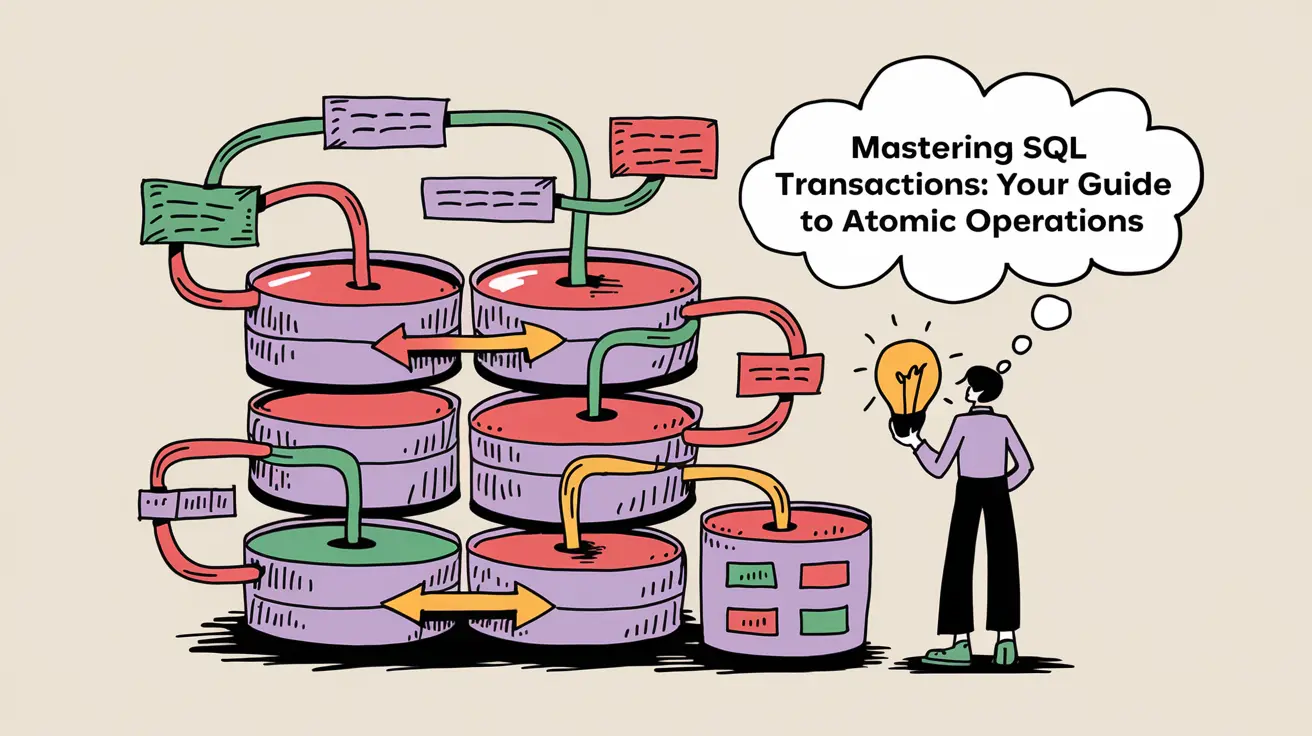Client Management

The Ups and Downs of being a Business Analyst
“Discover the highs and lows of navigating the complex world of business analysis with our insightful blog post. From solving problems to managing expectations, we’ll…
Search
Latest Posts
Latest Comments
Categories
Archives
- January 2026 (13)
- December 2025 (31)
- November 2025 (30)
- October 2025 (31)
- September 2025 (30)
- August 2025 (31)
- July 2025 (32)
- June 2025 (30)
- May 2025 (31)
- April 2025 (30)
- March 2025 (31)
- February 2025 (28)
- January 2025 (31)
- December 2024 (31)
- November 2024 (30)
- October 2024 (31)
- September 2024 (150)













